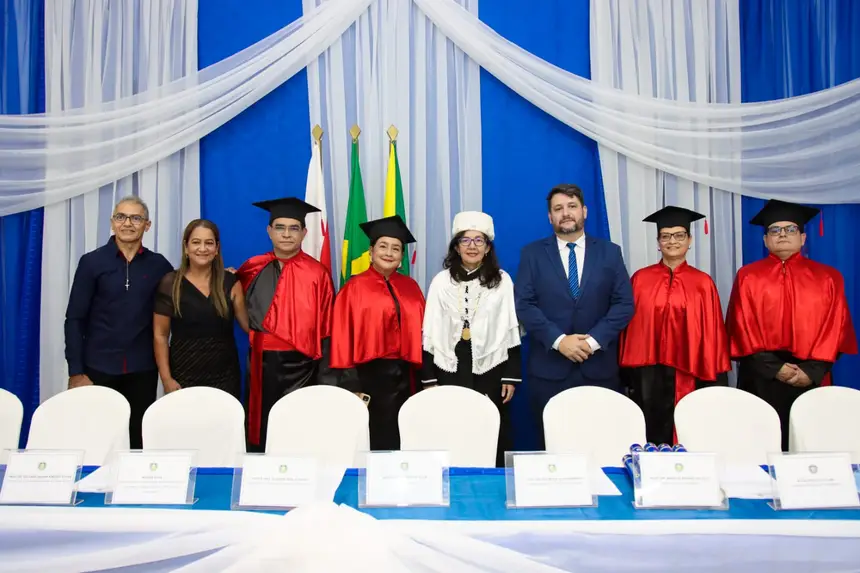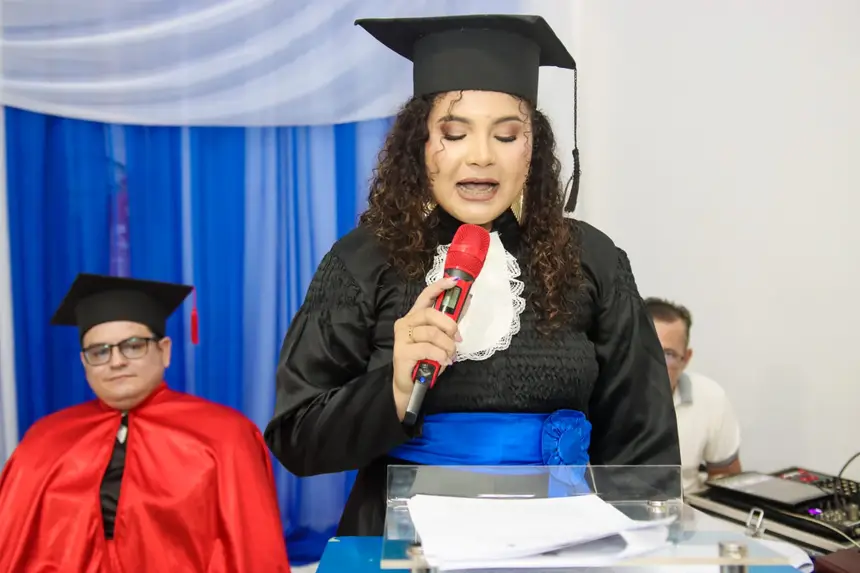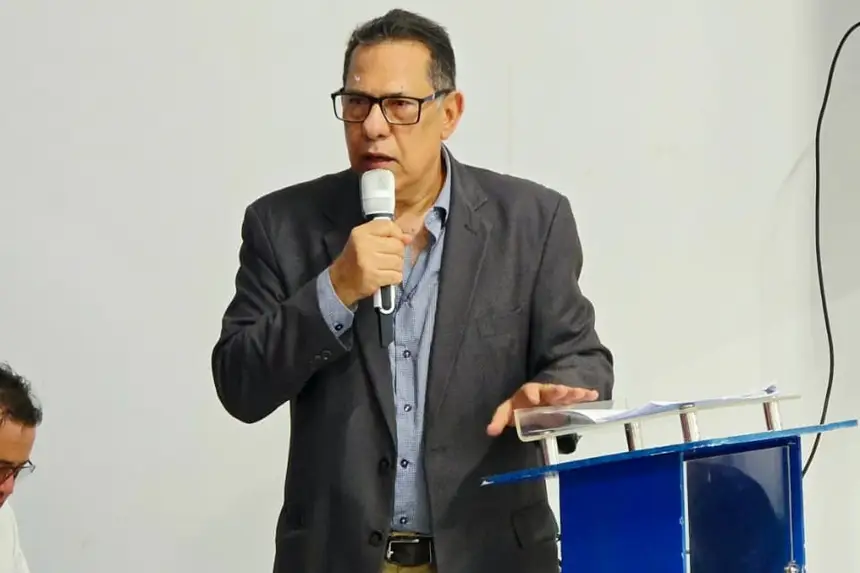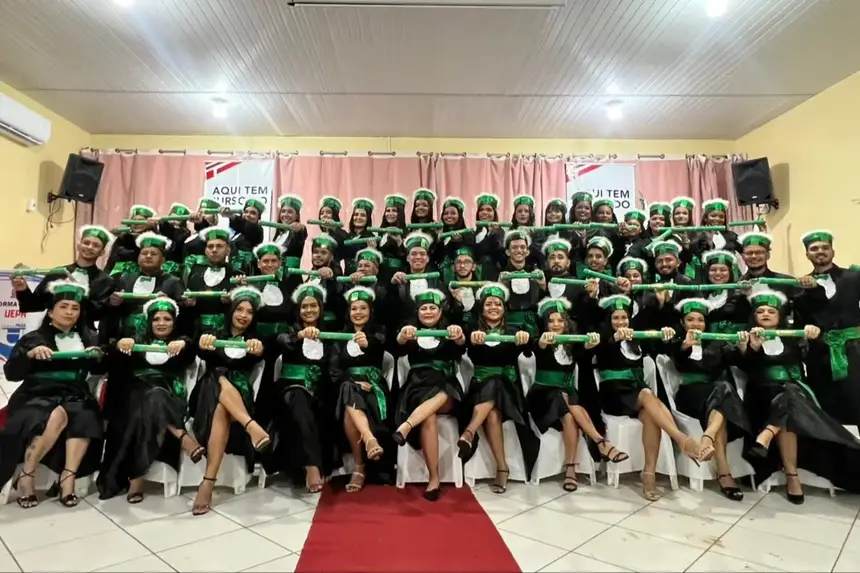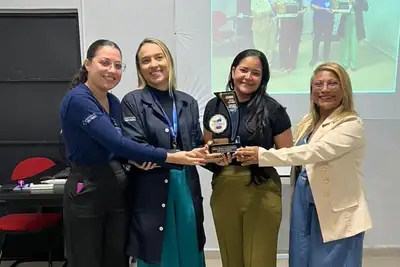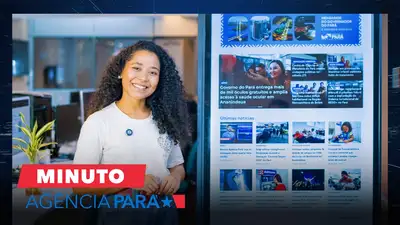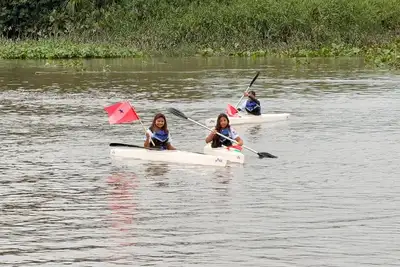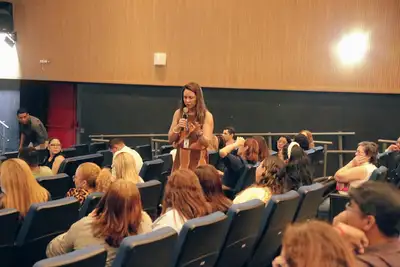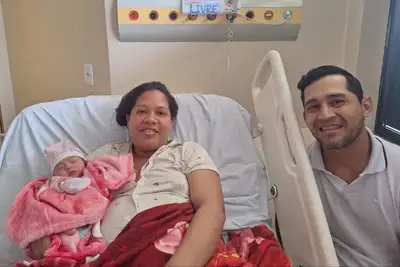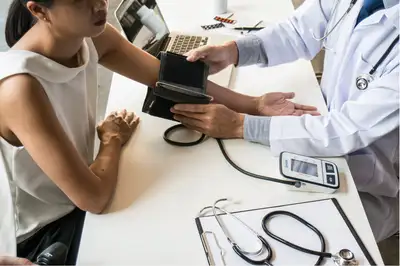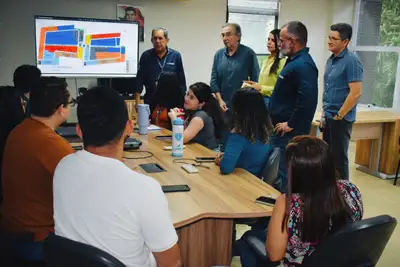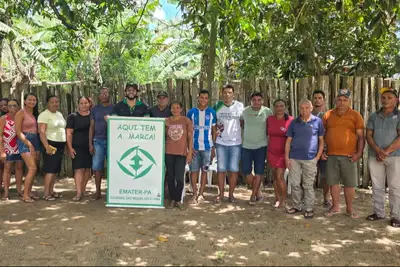Forma Pará surpasses the mark of one thousand qualified professionals throughout the State
The initiative of the Government of Pará represents a milestone in expanding access to higher education, especially in the interior of Pará
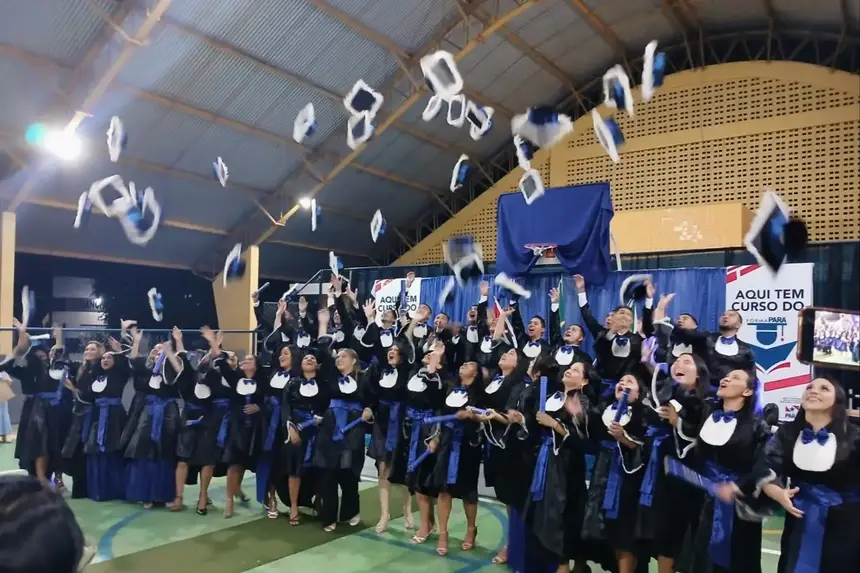
The Forma Pará, the largest state program for the universalization of higher education, has reached the mark of over 1,000 trained professionals, representing a milestone in expanding access to education in the interior of the State. The initiative of the State Government, coordinated by the Secretariat of Science, Technology and Higher, Professional and Technological Education (Sectet), has transformed the educational reality of thousands of Pará residents.
Created by Law No. 9.324/2021, the program offers courses in partnership with public educational institutions, such as the University of the State of Pará (Uepa), Federal University of Pará (UFPA), Federal University of South and Southeast of Pará (Unifesspa), Federal Rural University of Amazon (Ufra), Federal University of West of Pará (Ufopa) and Federal Institute of Pará (IFPA), meeting the specific demands of each region.
The technologist in Agroecology Maria Thanane Miranda, from the municipality of Cachoeira do Arari, in Marajó, graduated in August of this year from IFPA, highlights the importance of the initiative in her journey.
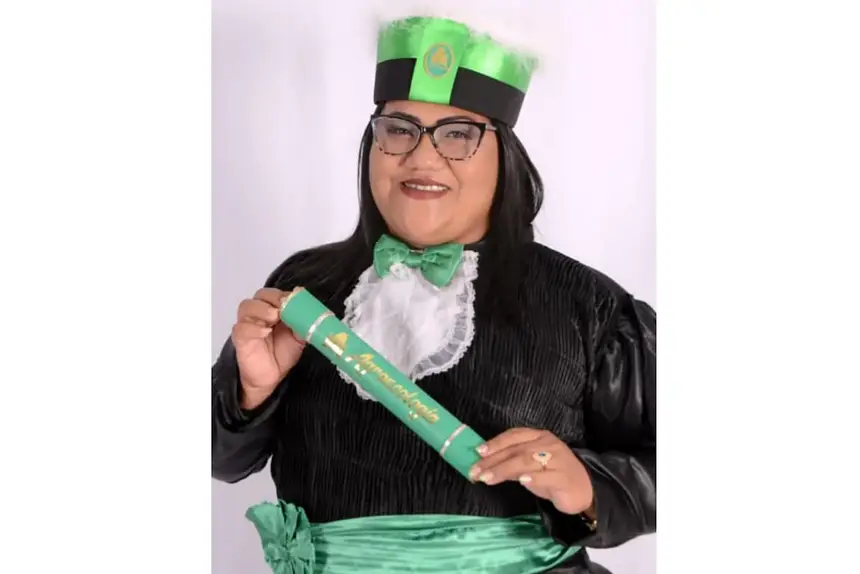
“I have always dreamed of going to college, but that dream seemed distant, almost impossible. When this opportunity arose through Forma Pará, it felt like someone believed in me, even when I was starting to doubt. Today I feel fulfilled, with my heart full of gratitude. Forma Pará didn’t just give me a higher education, it gave me hope, strength, and the certainty that I am capable. I know that every effort is worth it and that this achievement will change not only my future but also that of my family. I am proof that when education arrives, it truly transforms lives,” she emphasizes.
In the municipality of Breves, also in Marajó, nursing technician Denise Barbosa, who graduated from the program, has always dreamed of pursuing a career in healthcare, but never had the opportunity to take a technical course, as all available in the municipality were private. When the Forma Pará announcement came out at Uepa, she prepared herself not to miss the registration and dedicated herself to completing the course.
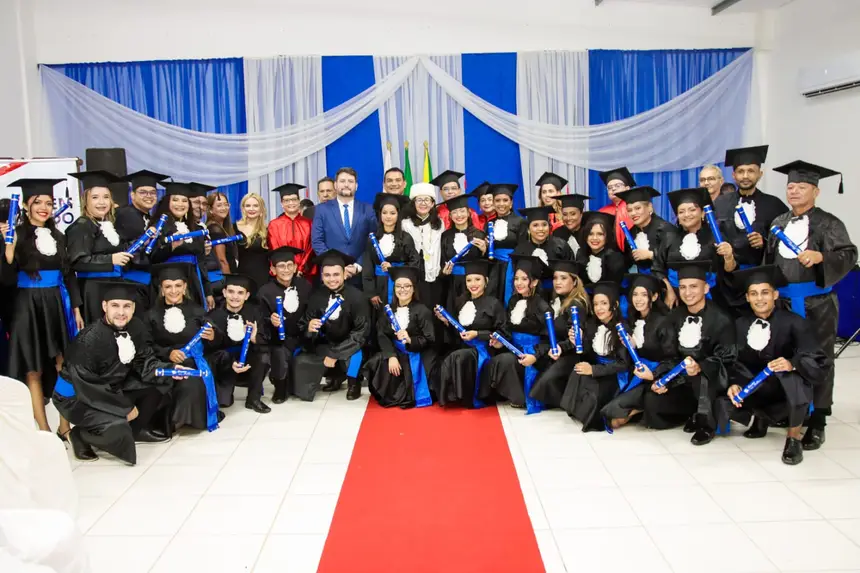
“When the Forma Pará announcement opened, I organized myself not to miss the registration time and I succeeded. It was a long journey to my graduation, as the course requires a lot of dedication. My greatest motivation is to take care of my daughter, my parents, and those who need me, always with love and care. I have gone through negative care experiences, and that’s why I promised that, working in the field, I would treat patients differently than I was treated. I draw inspiration daily from various professionals in the field and want, through my work, to make a difference in my municipality,” she shares.
Since 2019, the program has reached all 144 municipalities in Pará, providing vacancies in 202 classes, in courses designed to generate a direct impact on the economy and local development.
“With Forma Pará, we are bringing quality education to all corners of the State, generating opportunities that transform lives, strengthen communities, and promote regional development. Each training represents more than a diploma: it is social inclusion, professional qualification, and hope for the future of Pará. The program shows that when we invest in education, we are investing in people, in cities, and in the progress of the entire State,” emphasizes Victor Dias, head of Sectet.
Currently, of the classes opened in the program, 26 have already been completed with new graduations expected later this year.
For the coordinator of the Higher Education Coordination (Coeds) of Sectet, Fernando Queiroz, the program has been a great window of opportunities for entering the job market.
“With over a thousand trained professionals and nearly 10,000 vacancies offered, Forma Pará consolidates itself as the largest state policy for the expansion of higher education, promoting social inclusion, strengthening the local economy, and offering new perspectives for thousands of Pará residents.”
Greatest demand - The Gastronomy course was the most offered in the Guajará Integration Region (formed by the municipalities of Belém, Ananindeua, Marituba, Benevides, and Santa Bárbara do Pará).
In other regions, the demand for courses varied according to the local profile: Civil Engineering, in the Araguaia Integration Regions (South) and Lower Amazon (West); Veterinary Medicine and Civil Engineering, in Carajás (Southeast); Nursing, in RI Guamá (Northeast); Physical Education, in RI Marajó (North); and Agronomy, in the regions of Tucuruí Lake (Southeast), Caeté River and Capim River (Northeast), Tapajós (Southwest), Tocantins (Southeast), and Xingu (West).


